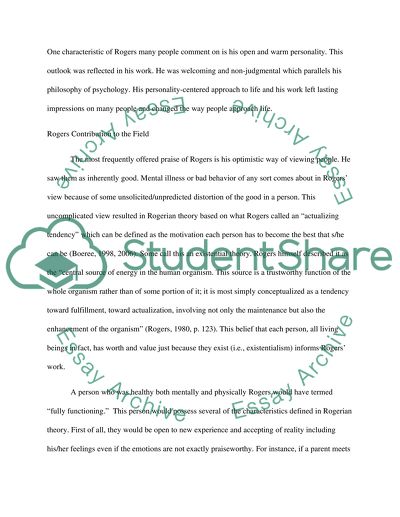Cite this document
(“Carl Rodgers Research Paper Example | Topics and Well Written Essays - 1750 words”, n.d.)
Retrieved from https://studentshare.org/psychology/1393848-research-paper
Retrieved from https://studentshare.org/psychology/1393848-research-paper
(Carl Rodgers Research Paper Example | Topics and Well Written Essays - 1750 Words)
https://studentshare.org/psychology/1393848-research-paper.
https://studentshare.org/psychology/1393848-research-paper.
“Carl Rodgers Research Paper Example | Topics and Well Written Essays - 1750 Words”, n.d. https://studentshare.org/psychology/1393848-research-paper.


